Nigeria's Financial Health Crisis: A Nation Living on the Edge
The alarming reality behind Nigeria’s financial inclusion success story
Nigeria’s financial inclusion journey has been hailed as a success story across Africa. With impressive growth in digital payments and account ownership, the numbers paint a picture of progress. But beneath these achievements lies a troubling truth that demands immediate attention: Nigeria is experiencing a financial health crisis of unprecedented proportions.
The Shocking Reality: 84% of Nigerian Adults Face Financial Distress
While we celebrate increased access to financial services, a devastating 84% of Nigerian adults ran out of money in the past 12 months—up from 73% in 2020. This means approximately 82 million adults are living in severe financial distress, struggling to meet basic needs despite having access to formal financial services.
The statistics are staggering:
- 58% sometimes go without food due to financial constraints (up 19 points since 2020)
- 78% would find it very difficult to raise emergency funds within 7 days
- 58% sometimes go without medicine (up 23 points since 2020)
- Only 16% of adults are financially healthy, down dramatically from 28% in 2020
Women and Youth: The Most Vulnerable
The crisis hits hardest where it hurts most. Women’s financial health plummeted from 25% to just 12% between 2020 and 2023. Youth fare even worse at 11% financially healthy. These aren’t just statistics—they represent millions of Nigerians whose dreams and potential are being crushed by financial vulnerability.
The gender gap is particularly stark:
- 83% of women find it very difficult to access emergency funds (vs. 73% of men)
- Women are significantly more likely to experience food insecurity
- Despite showing more growth in financial planning, women remain disproportionately vulnerable
The Access vs. Impact Paradox
Here’s the uncomfortable truth: Nigeria has focused heavily on increasing access to financial services while neglecting whether these services actually improve people’s lives. We’ve built the infrastructure, but we haven’t built financial resilience.
The uptake of resilience-focused solutions remains alarmingly low:
- Credit access remains limited despite growing need
- Insurance adoption is minimal
- Pension participation lags significantly
- Emergency savings are virtually non-existent for most Nigerians
Why This Matters More Than Ever
The data from 2023 captured a period of significant economic disruption—17-year high inflation, currency redesign pressures, fuel subsidy removal, and foreign exchange market reforms. While these measures aimed to stabilize the economy, they compounded financial pressures on households.
As we navigate through 2025, many of these challenges persist. Record-high inflation and elevated energy prices continue to shape daily financial realities for millions of Nigerians. Without immediate intervention, this crisis will deepen, threatening livelihoods, businesses, and inclusive economic growth.
The Path Forward: From Access to Impact
The solution isn’t just about creating more financial products—it’s about fundamentally shifting our approach from measuring access to measuring impact. Nigeria must:
- Prioritize Financial Health Over Account Ownership
Move beyond counting bank accounts to measuring whether financial services actually improve people’s ability to spend wisely, save effectively, plan strategically, and manage risks.
- Build Resilience-Focused Solutions
Leverage behavioral insights to scale access to savings, insurance, pensions, and responsible credit that help households weather storms and seize opportunities.
- Target the Most Vulnerable
Design youth-friendly financial tools that combine digital literacy with goal setting. Deploy gender-intentional policies that address structural barriers facing women.
- Integrate Financial Health into Broader Policy
Align financial sector reforms with economic policies to ensure citizens can actually weather economic shocks instead of being crushed by them.
A Call to Action
Nigeria stands at a crossroads. We can continue celebrating access metrics while millions suffer in silence, or we can pivot toward measuring and improving what truly matters: financial health and resilience.
The choice we make today will determine whether Nigeria’s financial inclusion story becomes a cautionary tale or a blueprint for meaningful, life-changing impact.
The time for action is now. The cost of inaction is too high to bear.
Download the full “State of Financial Health in Nigeria” report for comprehensive data, detailed analysis, and actionable recommendations that could transform how Nigeria approaches financial inclusion.



